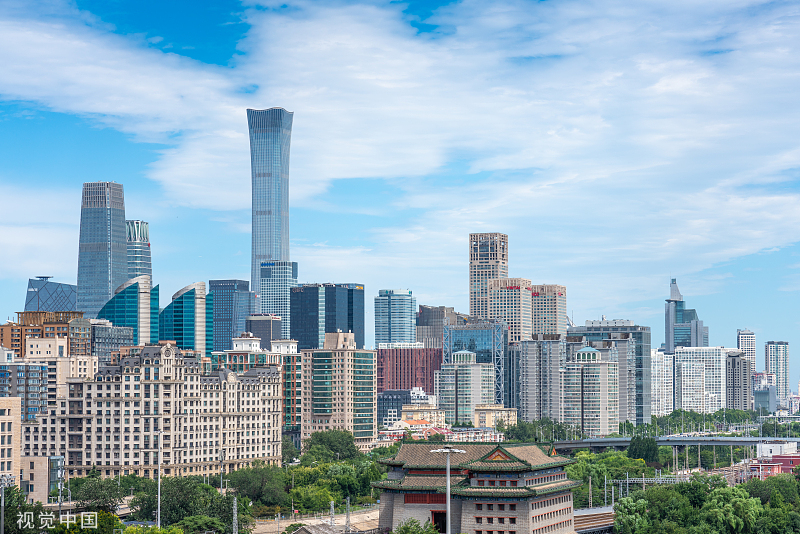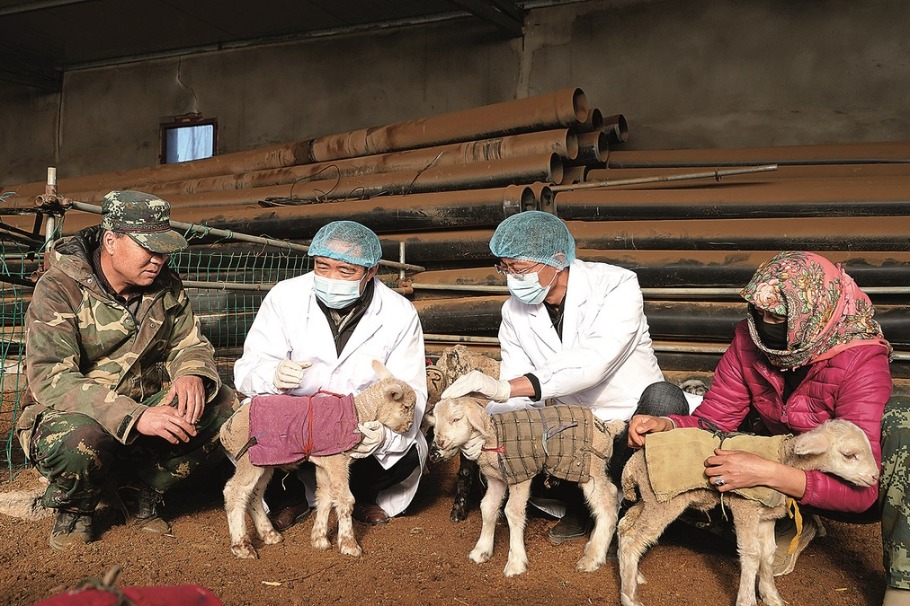Firm confidence in prospects of economy: China Daily editorial


That China's consumer inflation fell to a five-month low in November, climbing 0.2 percent from a year ago, according to data the National Bureau of Statistics released on Monday, serves to show that it remains a challenge for the world's second-largest economy to effectively stimulate its weak domestic demand.
The mounting downward pressure on both the production and consumption ends of the economy, along with the consequential influences on employment, government debt and market confidence, is a direct reflection of the systemic and complicated challenges confronting the world economy as a whole.
That also explains the great attention paid to the "1+10" Dialogue Chinese Premier Li Qiang hosted in Beijing on Monday with the heads of 10 international economic organizations, including the World Bank, the International Monetary Fund, the World Trade Organization and the Bank for International Settlements, under the theme of "Building Consensus on Development to Promote Global Common Prosperity".
These international economic organizations all play crucial roles in the global economic, financial and trade sectors. The meeting, aimed at coordinating international efforts to boost the global economy, provides the heads of these organizations with an opportunity to compare notes with each other, as well as to gain firsthand knowledge about the trajectory of the world's second-largest economy.
Through their in-depth discussions with their host on such important topics as global economic growth, maintaining multilateralism and China's modernization, the guests should have well understood China's commitment to continuously contributing to a sustainable, balanced and inclusive world economy, its openness to sharing with the world its development dividends and opportunities, and its dedication to promoting fair global governance.
Also through their fact-finding trips in the country, the core policymaking circles of the world economy are expected to learn for themselves that claims of China's "economic coercion", "dumping of products", "stealing of other countries' IPR", "weaponizing of trade" and "bullying of foreign companies" are all politically motivated and weaponized smears originating from China hawks.
Except for the institutional challenges faced by the world economy, which should be tackled through systemic reforms, it is the protectionism and unilateralism adopted by some of the developed economies that call for collective vigilance and due actions to address.
These narrow-minded practices have negative influences on the world economy, and worse, if they are allowed to take center stage they can also lead to institutional designs that will only end in an economic Cold War.
Apart from gaining a clear understanding of the present state of the Chinese economy, Beijing hopes its guests will also have been left in no doubt about the Chinese economy's bright prospects as the country advances its high-standard opening-up and deepens reforms in key fields.
It is no coincidence that it was also on Monday that the Political Bureau of the Communist Party of China Central Committee held a meeting to analyze and study the economic work of 2025, along with other subjects.
In the meeting, the central leadership required authorities at various levels to build a modern industrial system, implement more proactive macro policies, expand domestic demand, and effectively prevent and resolve risks in key areas.
In particular, it called for enriching and improving the policy toolbox, strengthening extraordinary countercyclical adjustments, and making good policy combinations to improve the forward-looking, well-targeted and effective nature of macroeconomic control.
Both the dialogue and the meeting of the central authorities should send a strong signal to the outside world that despite the headwinds China will continue to focus on doing its own things well while opening up further to the outside world and working together with all like-minded partners to steadfastly promote an inclusive and fair economic globalization, a balanced and sustainable world economic growth, and a just and equitable multilateral global governance system.
































